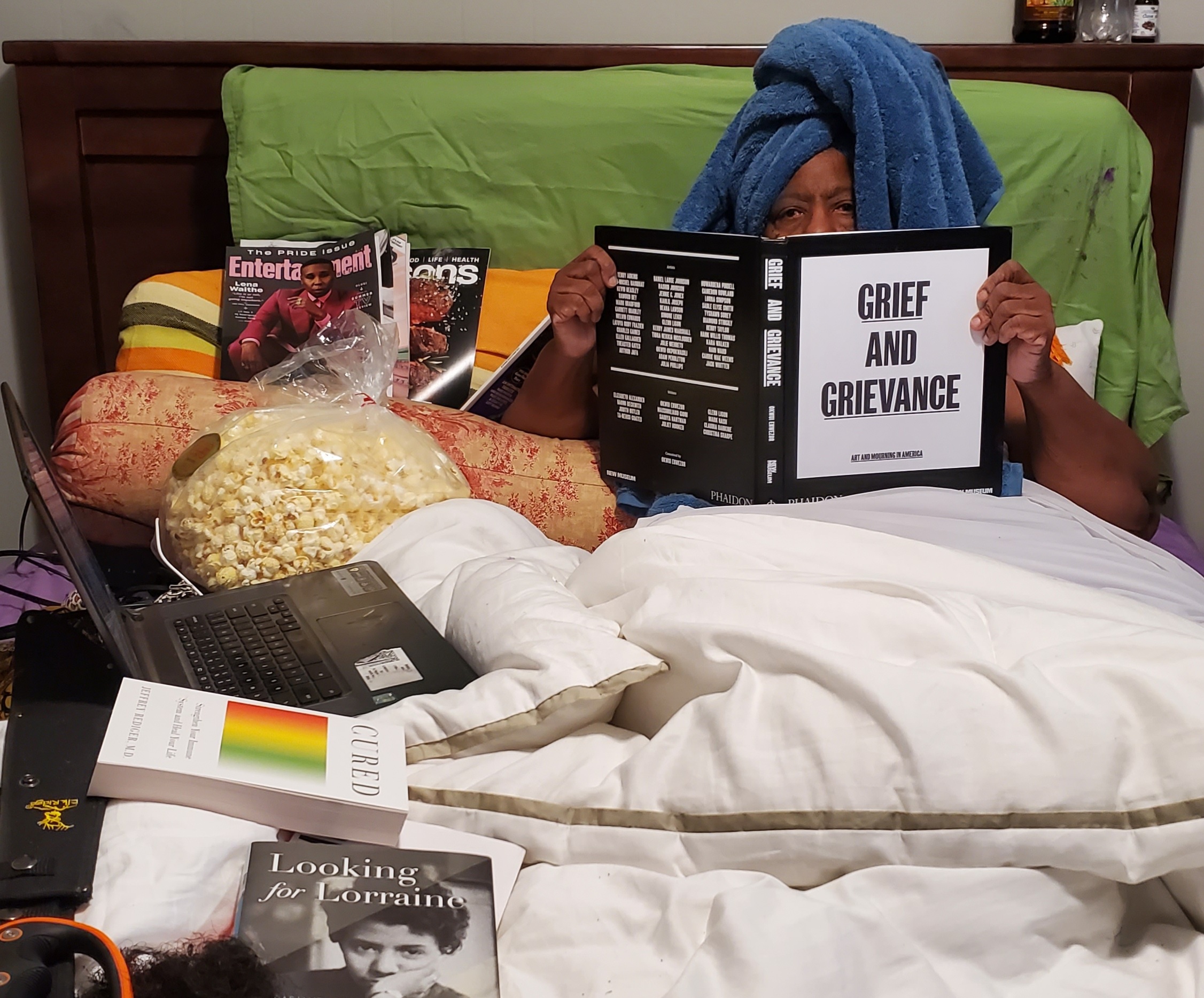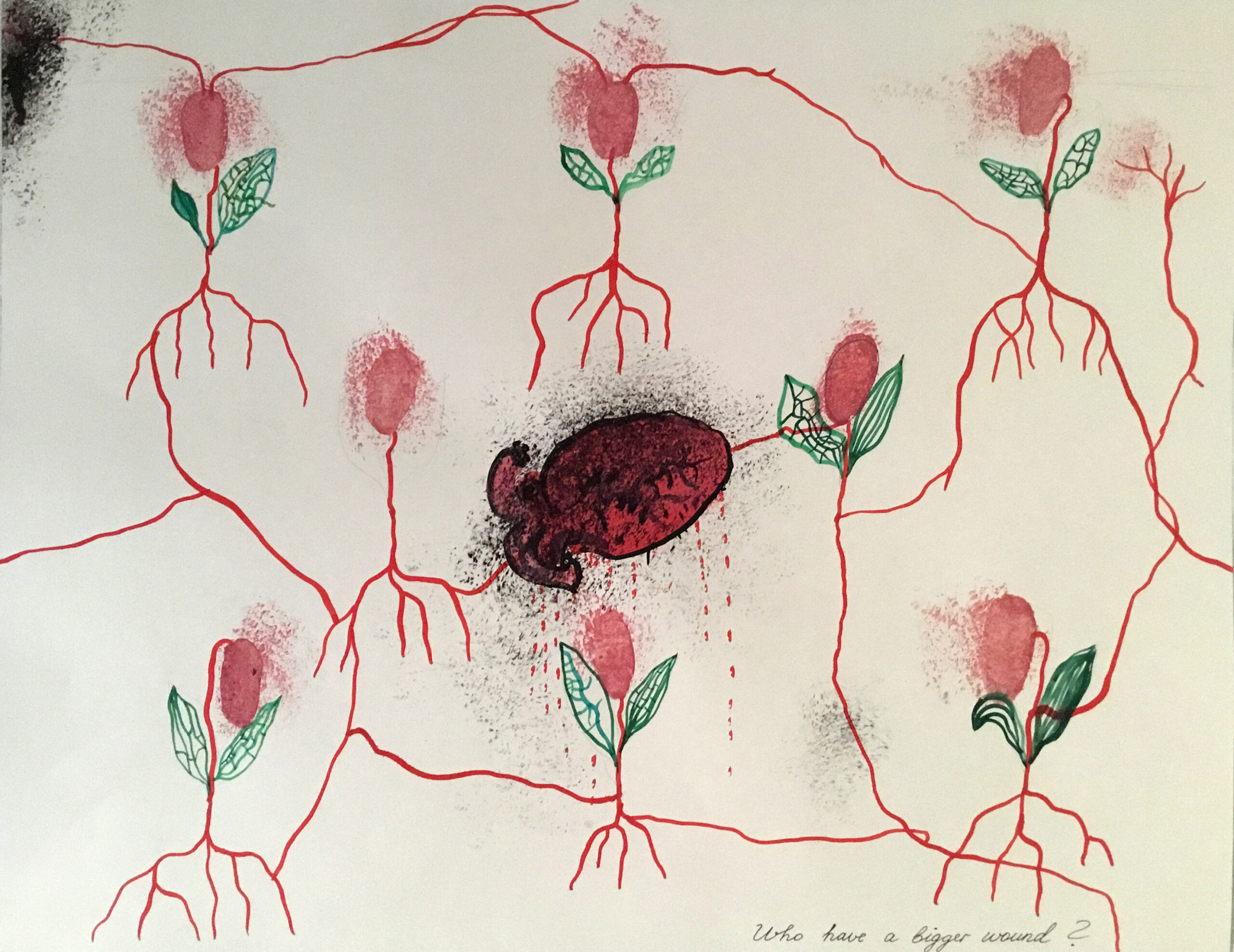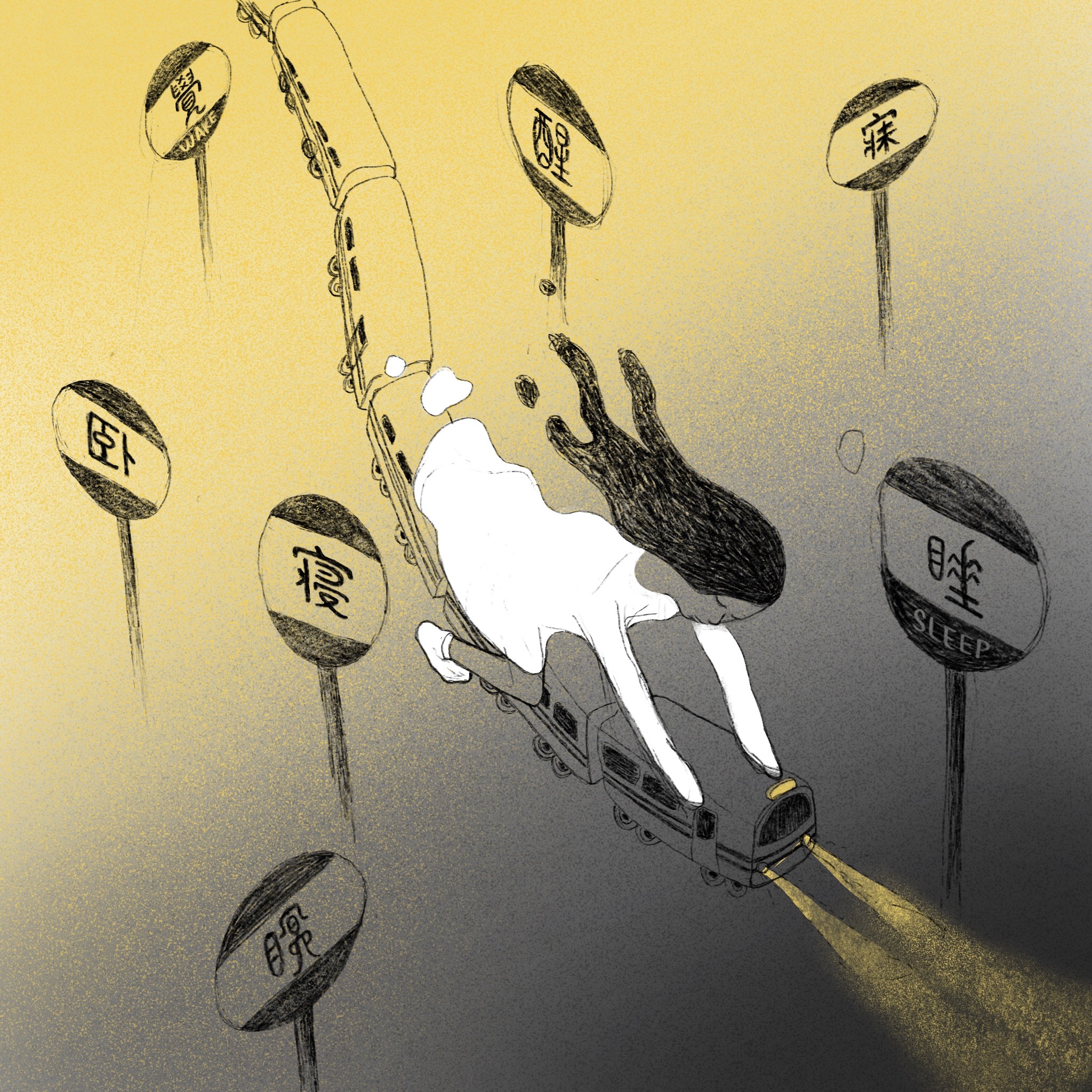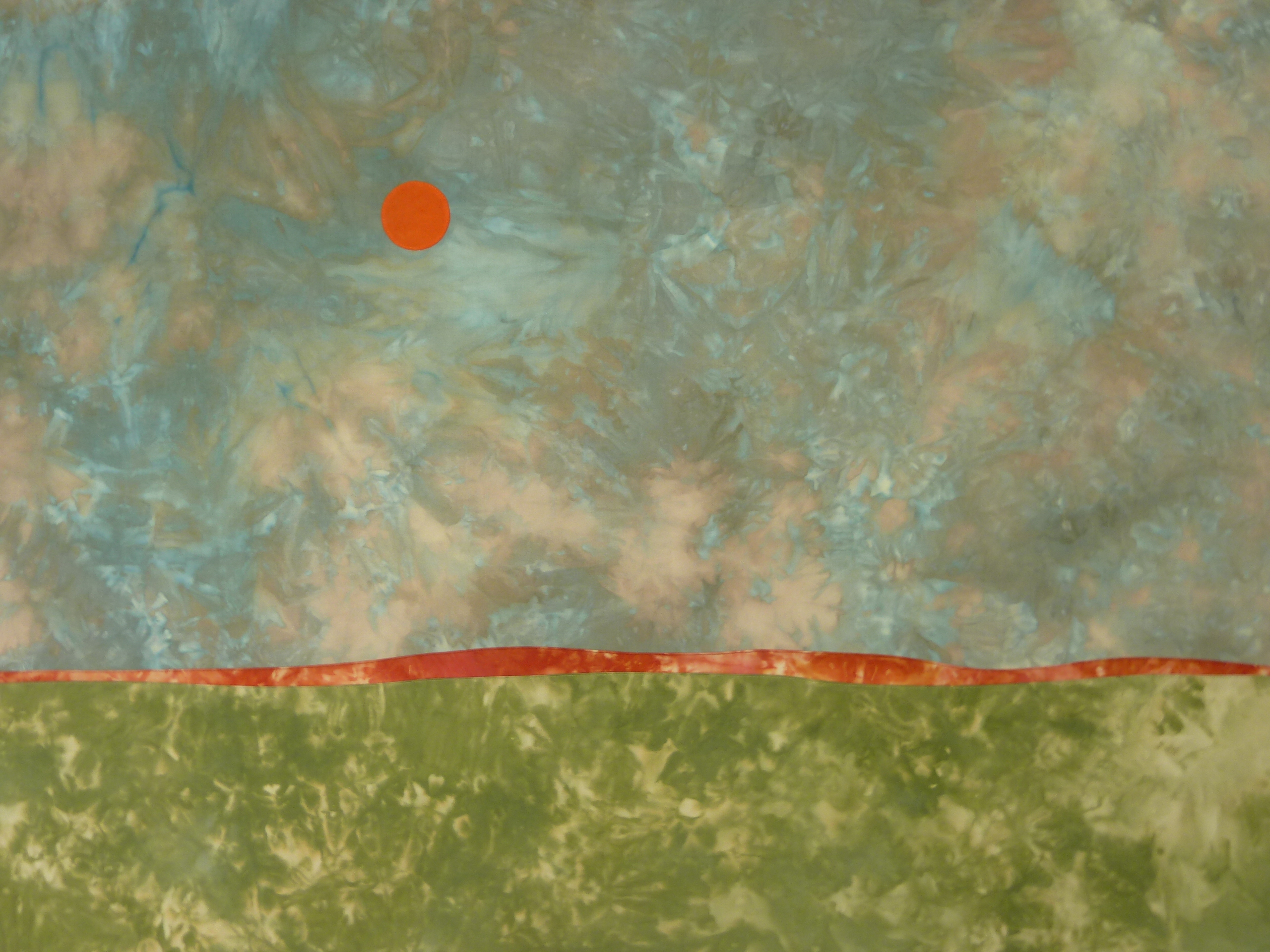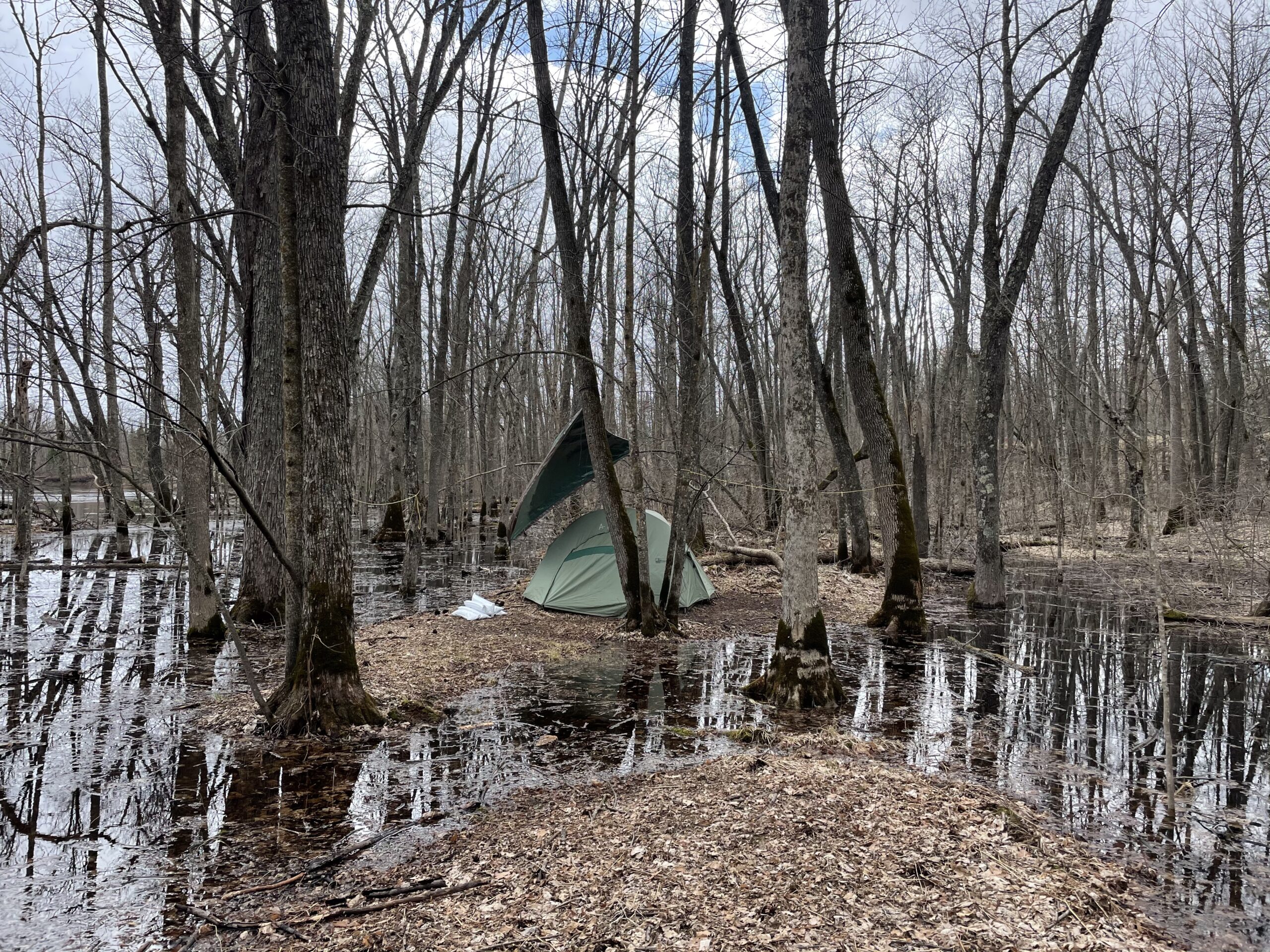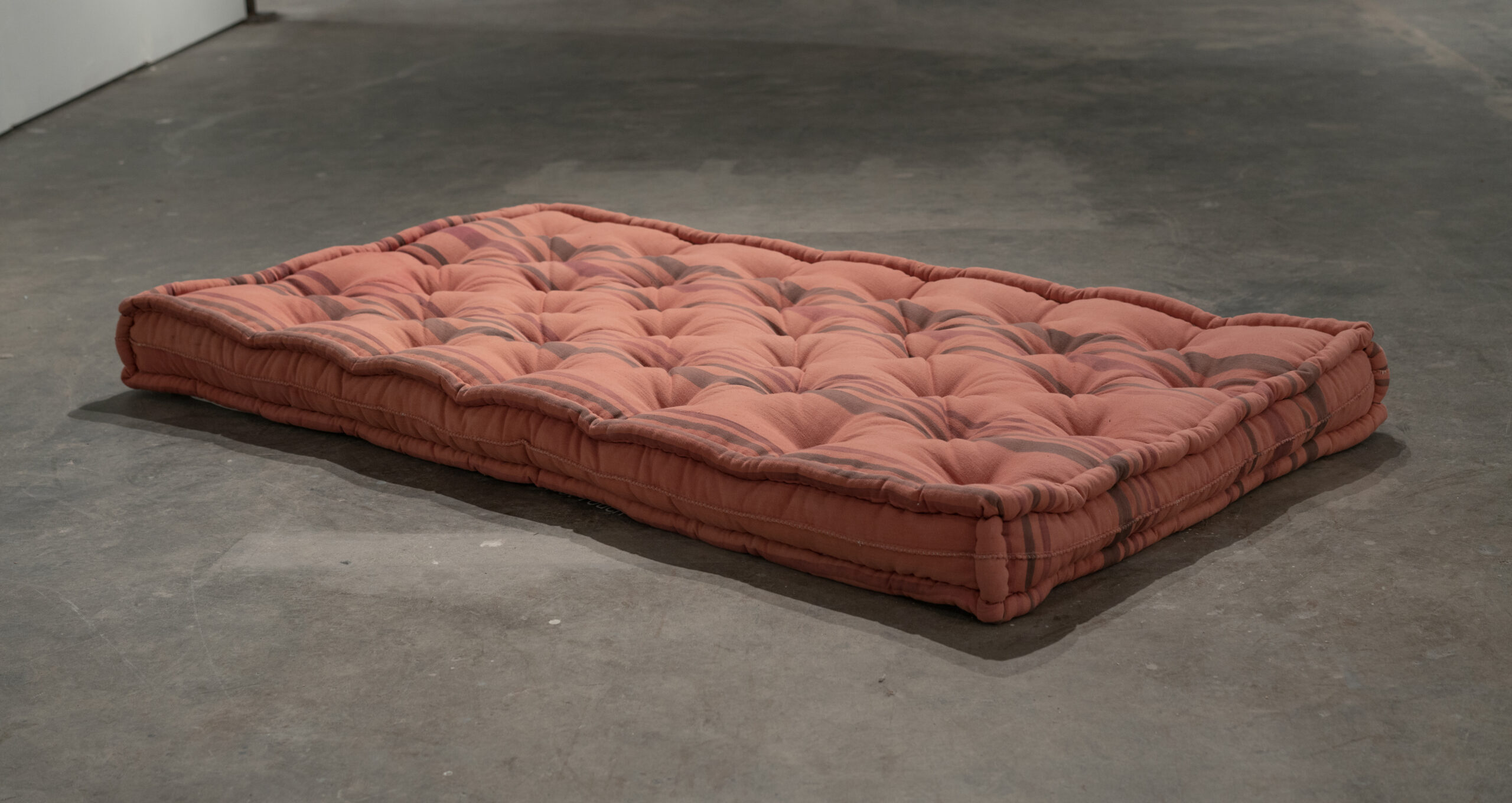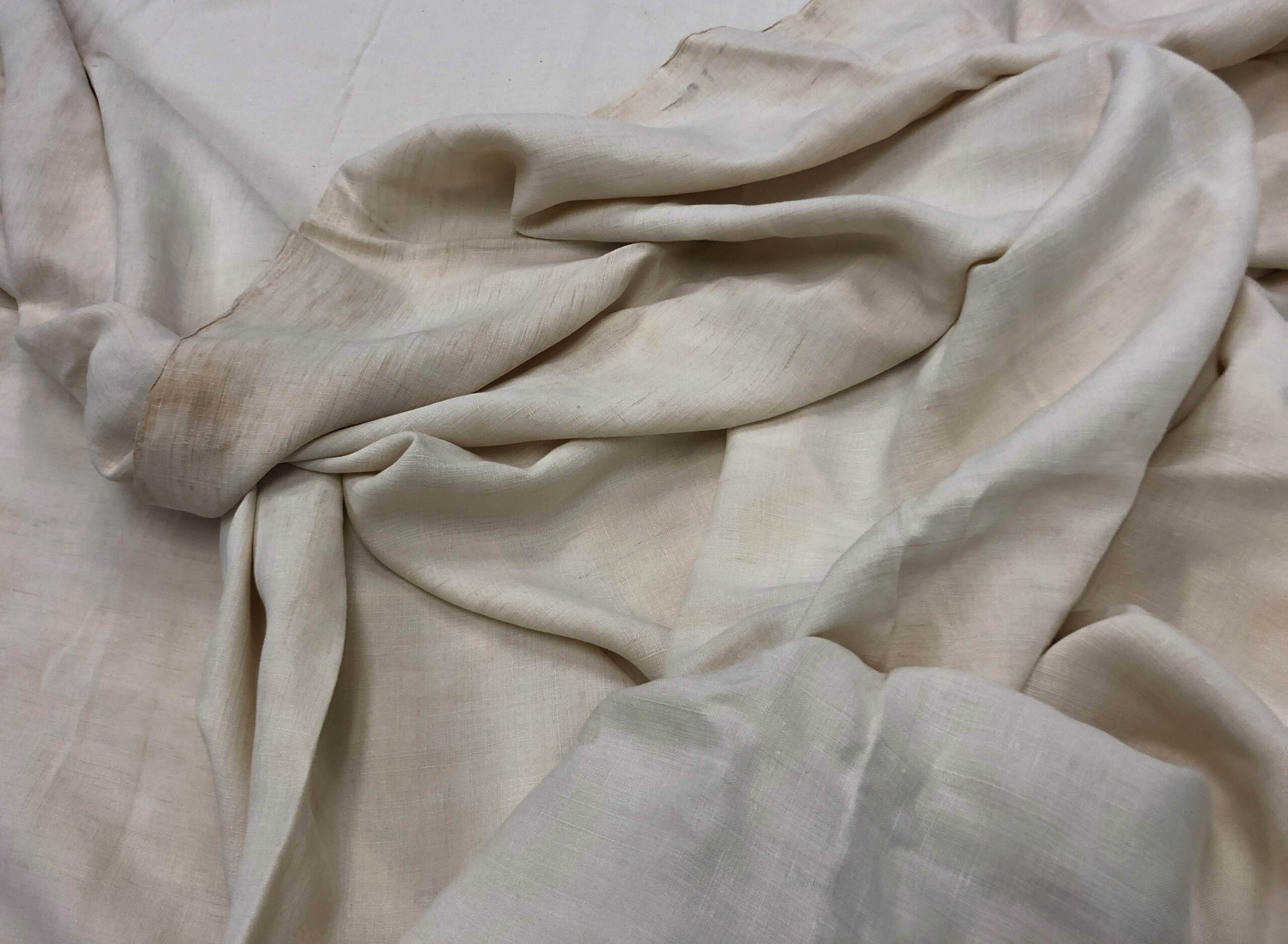
Series:
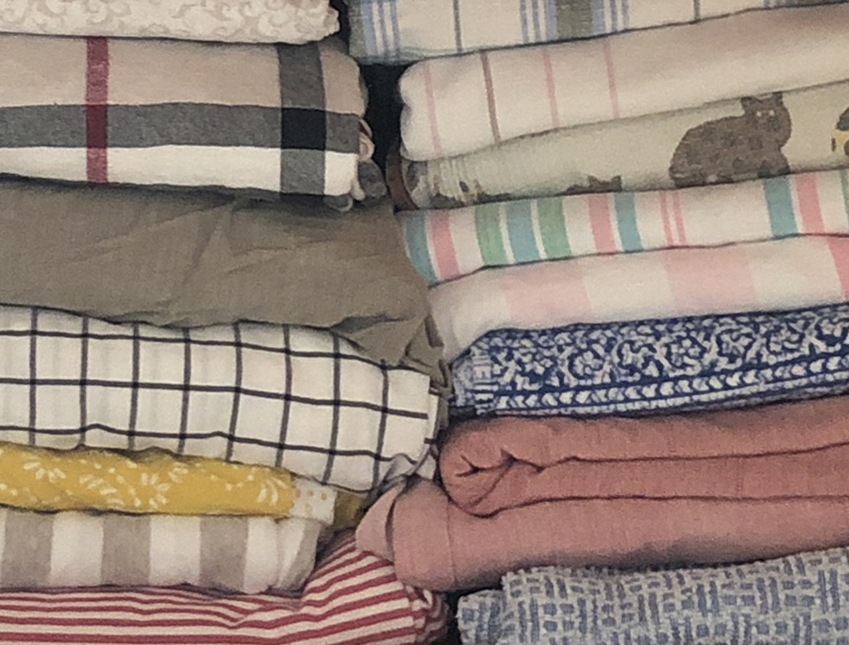 Series: Dream/BedGuest Editor
Series: Dream/BedGuest EditorKatya Oicherman
 Series: Dream/BedGuest Editor
Series: Dream/BedGuest EditorKatya Oicherman
 Series: Dream/BedGuest Editor
Series: Dream/BedGuest EditorKatya Oicherman
 Series: Dream/BedGuest Editor
Series: Dream/BedGuest EditorKatya Oicherman
 Series: Dream/BedGuest Editor
Series: Dream/BedGuest EditorKatya Oicherman
 Series: Dream/BedGuest Editor
Series: Dream/BedGuest EditorKatya Oicherman
 Series: Dream/BedGuest Editor
Series: Dream/BedGuest EditorKatya Oicherman
 Series: Dream/BedGuest Editor
Series: Dream/BedGuest EditorKatya Oicherman
 Series: Dream/BedGuest Editor
Series: Dream/BedGuest EditorKatya Oicherman
 Series: Dream/BedGuest Editor
Series: Dream/BedGuest EditorKatya Oicherman
In a recent online survey designed to learn of people’s strangest behaviors while in self-isolation during the COVID-19 pandemic, respondents around the world mentioned sleep. Some acknowledged that the pandemic was helping them compensate for the sleep deficit they had been suffering, often without recognizing it. For others bedtime was an escape plan. One respondent confessed, “I have never slept as much before…I felt I needed to sink into this hibernation, and then all of this would end somehow…but it just wouldn’t end.”
Recent studies of sleep have shown how within a capitalist ideology of infinite economic growth, the aggressive global inculcation and glorification of sleeplessness as a sign of productivity and prowess have resulted in irreversible damage to the physical and mental health of entire nations. Maybe it takes a pandemic to begin to understand and appreciate the indispensable preciousness of a peaceful bedtime. The debasement of rest and the refusal to sleep (to take a break, to reflect, to dream) facilitated the relentless exploitation of natural resources and people—our global nightmares today. The industrial revolution wreaked havoc on the natural world and on human rest time, but—ironically—it provided almost everyone with a sheet to sleep on.
Bed, in its multiple shapes, is a place where we spend a substantial part of our life time. It is an answer to a basic necessity, a place where we sleep, but also a place where we are commonly born and give birth, lie in sickness and die, make love, dream and have nightmares, relax or lie restless, being visited by the troubled conscience or insomnia. It is a lonely place and a shared place, and often crucial discussions happen there, on the verge of falling asleep. Imagination and memory both go astray in bed, often in bed we read and watch movies. The absorbent material of sheets and covers metaphorically bears maps of our mental voyages, those we’ve experienced, those we’ve imagined and those we’ve read about or have seen on the screen.
This project addresses this complexity of human sleep and its material attendants by seeking diverse local voices of artists, writers and cultural activists to capture the contemporary, urgent and immediate state of sleeping and being in bed, offering reflections on their recent experiences, creative processes, stories, histories, and dreams.

